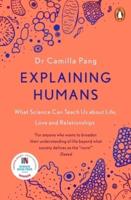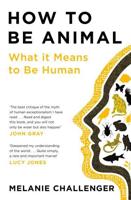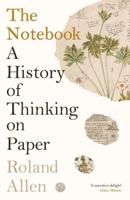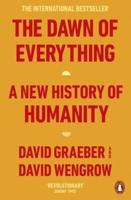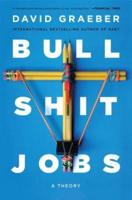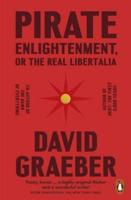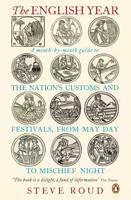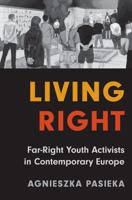Publisher's Synopsis
Naked holy men denying sexuality and feeling; elderly people basking in the warmth and security provided by devoted and attentive family members; fastidious priests concerned solely with rules of purity and the minutiae of ritual practice; puritanical moralists concealing women and sexuality behind purdah's veils—these are familiar Western stereotypes of India. The essays in Divine Passions, however, paint other, more colorful and emotionally alive pictures of India: ecstatic religious devotees rolling in temple dust; gray-haired elders worrying about neglect and mistreatment by family members; priests pursuing a lusty, carefree ideal of the good life; and jokers reviling one another with bawdy, sexual insults at marriages. Drawing on rich ethnographic data from emotion-charged scenarios, these essays question Western academic theories of emotion, particularly those that reduce emotions to physiological sensations or to an

